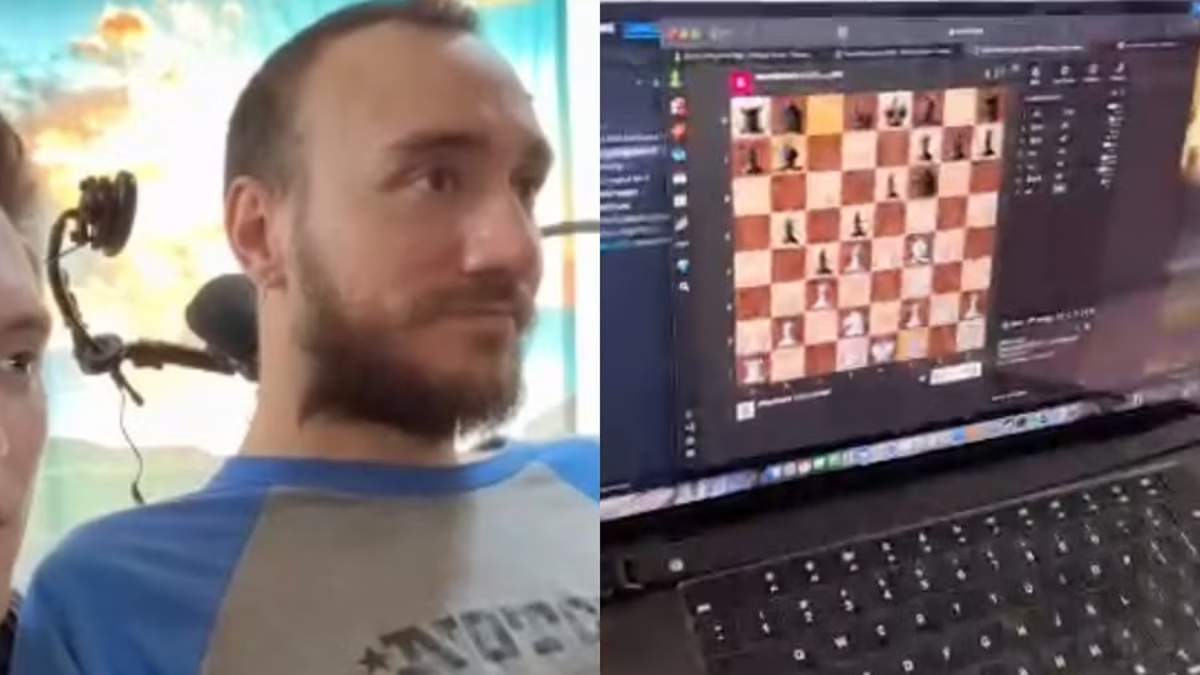During a livestreamed update from Neuralink Corp., Elon Musk’s brain technology startup, a quadriplegic man named Noland Arbaugh demonstrated the ability to play video games and online chess using only his mind. This achievement showcases the potential of Neuralink’s brain implant, which enables individuals to control computers through their thoughts. Musk emphasized that Neuralink aims to assist patients with severe physical limitations such as cervical spinal cord impairment or quadriplegia. Arbaugh expressed his excitement, stating that he had previously given up on playing certain games due to his condition.
---Advertisement---— Neuralink (@neuralink) March 20, 2024
Arbaugh expressed gratitude for the life-changing impact of the Neuralink implant, stating, “It has already changed my life.” Additionally, he described the surgery as “super easy,” highlighting the simplicity of the procedure.
At 29 years old, Arbaugh disclosed that he had suffered a spinal cord injury in a “freak diving accident” eight years prior. Following the Neuralink procedure in January, which he described as smooth, he was discharged from the hospital after just a day. Despite the success, he acknowledged that there is still room for improvement in refining the technology.
Neuralink is not the sole entity pioneering brain-computer interface devices. Other companies and research institutions, such as the BrainGate consortium, have also made strides in this field. Demonstrations of cursor control using thoughts have been showcased in humans with various types of implants, indicating a broader effort to advance brain-computer interface technology.
Also Read: ‘Science Meets Reality’, Stray Dog’s Encounter With Robot Dog At IIT Kanpur Goes Viral
The Neuralink device distinguishes itself from others by incorporating a higher number of electrodes, indicating its potential for broader applications in the future. Unlike some existing devices, Neuralink’s technology operates wirelessly, eliminating the need for a tethered connection to external devices.
In a post on X, Musk hinted at the possibility of the device being able to restore vision in the future. He mentioned “Blindsight” as a potential product following “Telepathy,” the implant designed for paralyzed patients.
Kip Allan Ludwig, co-director of the Wisconsin Institute for Translational Neuroengineering, expressed satisfaction with the progress, acknowledging the significance of Arbaugh’s ability to interface with a computer post-implant. While noting that this achievement isn’t necessarily a breakthrough compared to previous demonstrations, Ludwig emphasized its importance as a positive starting point in advancing brain-computer interface technology.
Also Read: Three-Year-Old’s Unusual Appetite: Eats Everything In House, Including Walls, Sofa, And Glass













